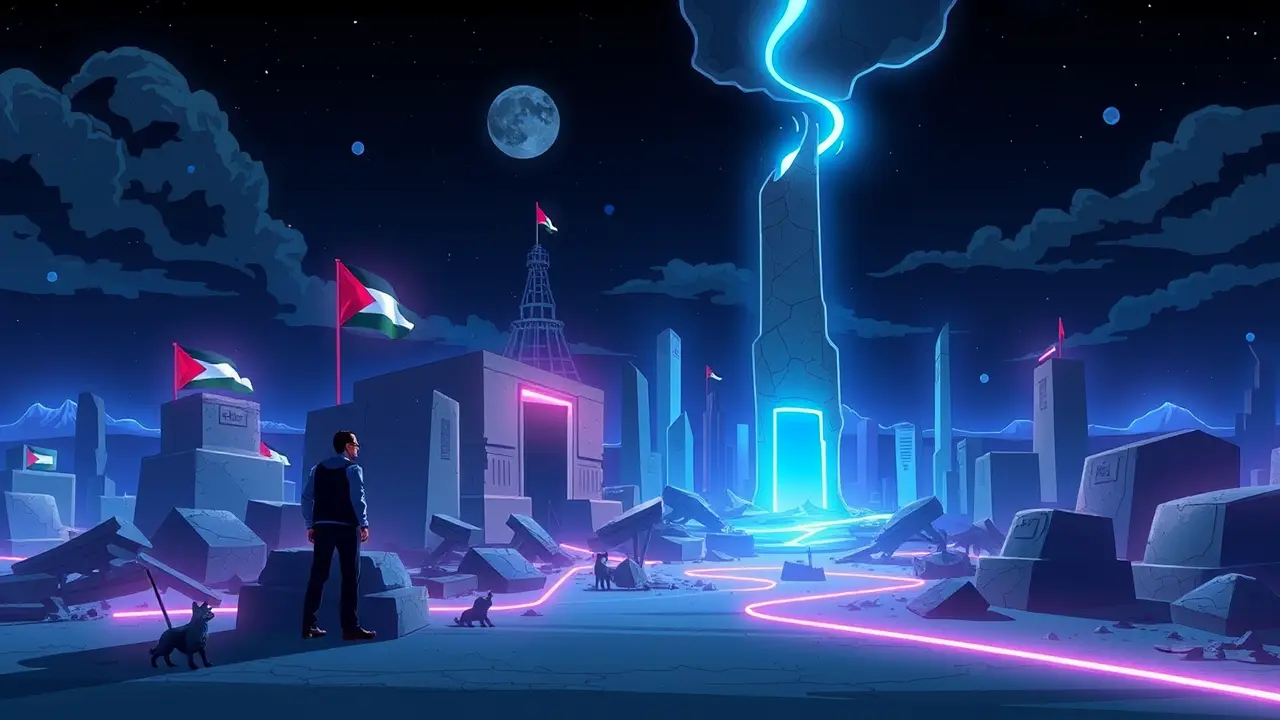Analysis of Failed Palestinian Political Movements in Gaza
The political landscape of Gaza stands as a stark monument to serial failure, a graveyard of movements whose grandiloquent proclamations of representation have consistently crumbled under the weight of their own inadequacies and the unrelenting pressures of geopolitical reality. From the secular nationalism of the Palestine Liberation Organization's earlier incarnations to the Islamist governance of Hamas, each entity that has seized the mantle of leadership has ultimately proven incapable of delivering on its foundational promise: genuine sovereignty and a dignified existence for the Palestinian people.This chronicle of collapse is not merely a recent phenomenon but is deeply rooted in a history of strategic miscalculations, internal fragmentation, and the corrosive effects of prolonged conflict. The PLO, once the undisputed voice of the Palestinian cause, saw its authority in Gaza erode through a combination of diplomatic stagnation, allegations of corruption, and its own fraught relationship with neighboring Arab states, which often instrumentalized the Palestinian struggle for their own regional ambitions.This created a vacuum of legitimacy, a fertile ground for the rise of Hamas, which leveraged its ethos of resistance and social service programs to win the 2006 legislative elections. However, the transition from militant opposition to governing authority proved disastrous; the movement's ideological inflexibility, refusal to renounce violence, and subsequent takeover of Gaza in 2007 triggered a crippling Israeli-Egyptian blockade, transforming the coastal strip into an open-air prison and effectively severing it from the political and economic life of the wider Palestinian polity in the West Bank.The governance that followed has been a case study in catastrophic failure, where the priorities of armed resistance consistently superseded the mundane but critical needs of civil administration, leading to a bankrupt economy, a shattered infrastructure, and a population trapped in a cycle of despair. This repeated pattern of leadership breakdown echoes historical precedents where revolutionary movements, upon achieving a measure of power, discover they are ill-equipped for the complex art of statecraft, much like the short-lived Paris Commune of 1871, which embodied popular aspiration but was swiftly crushed by its inability to consolidate control and manage external threats.The consequences of this political vacuum extend far beyond Gaza's borders, destabilizing the entire Middle East and providing a perpetual flashpoint for regional conflagration, while the international community oscillates between futile mediation efforts and a hands-off approach that only deepens the impasse. As we analyze this litany of failed projects, it becomes clear that the next chapter cannot be written by the same old factions with their tired ideologies and compromised records. The future, if there is to be one, must inevitably belong to those who have endured the devastation firsthand—the civil society leaders, the educators, the medical workers, and the younger generation who have known nothing but blockade and war, and who may yet forge a path grounded not in the absolutism of the past, but in the pragmatic necessities of survival, reconstruction, and a lasting peace that has for so long been nothing but a phantom.
JA
Jamie Larson123k2 days ago
wow reading this is just... a lot. tbh it all just feels so endlessly frustrating smh
0
